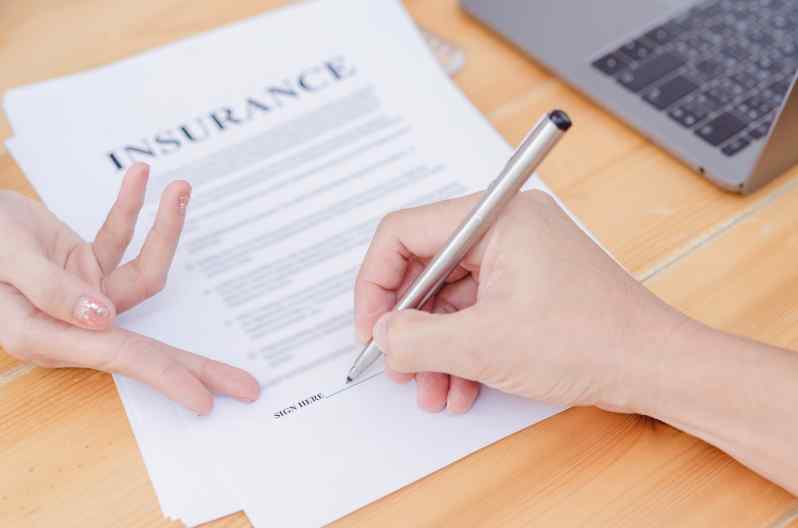Even after a potentially violent crime or unexpected death, it’s normal to wonder whether you can file an insurance claim to cover the cost of cleaning it up. In most cases, your standard home insurance policy will pay for crime scene cleanup. From who pays for cleanup to the types of crimes covered, we look at everything you need to know about whether insurance covers crime scene cleanup.
How Do I Know If My Insurance Policy Covers Crime Scene Cleanup?
Unfortunately, where your insurance will cover cleanup after a crime in your home depends largely on your policy. Some homeowners policies do cover crime cleanup or even biohazard cleanup for accidental deaths, unattended deaths, or suicides.
The easiest way to find out if your insurance company will pay for cleanup after a crime is to review your policy. Although sometimes hard to read, your policy will explain all of the types of claims it covers.
If you have questions about your coverage, contact your insurance agent. In most cases, they will be able to answer your questions quickly without needing to relive the event.
However, they may need a more detailed explanation in some cases. Once your agent has a complete understanding of the events, it is usually easy for them to tell you if cleanup is covered under your policy.
In most cases, your insurance may pay for blood and body fluid cleanup but it usually does not cover personal property damaged in the crime. For example, they will pay to dispose of a ruined mattress but not cover a replacement bed.
Who Pays for Crime Cleanup?
Unfortunately, it is up to the property owner to pay for cleanup costs after a crime or traumatic event. If your policy does cover biohazard cleanup services, it will either send you funds or work with you to pay the contractor directly.
However, you will need to pay out of pocket for the expenses if cleanup is not covered. Often an unexpected cost, many biohazard restoration companies offer financial assistance like payment options.
The exact terms and conditions will vary depending on the crime scene cleanup company. Always contact your insurance provider first. Then look for a biohazard company that offers terms that fits your needs.
Talk to a local pro now. Certified Restoration Local biohazard cleanup specialists offer 24-hour service and fast, free quotes.
Other Questions Related to Whether Insurance Covers Crime Scene Cleanup
Insurance is a complicated topic, so it’s normal to have questions about your coverage. We answer some of the most frequently asked questions about cleaning up blood and biohazards after a crime in your home. If you still have questions about your coverage, contact your insurance provider directly.
If My Insurance Doesn’t Cover Cleanup, Should I Do the Cleanup Myself?
You should never clean up blood from a crime scene on your own, even if your insurance does not cover it. Only qualified biohazard technicians should clean up blood and bodily fluids. Otherwise, you could easily spread diseases and bacteria. The only exception is for cleaning up a blood spill when the area is less than a few inches in diameter.
What Type of Crime Scene Cleanup Is Covered by Insurance?
Your homeowners insurance will usually pay for crime scene cleanup after any type of traumatic or violent crime. This includes violent attacks with guns, knives or other weapons. However, it also covers any crime where blood is drawn.
What To Do After a Violent Crime
While the exact steps will vary depending on your circumstances, here are the basic steps to follow after a crime in your home.
- Call 911: If you are involved in a crime or come home to find one, call 911 immediately. While it is not easy, try to stay calm and report as many details as possible. In most cases, the 911 dispatcher will send both police and medical first responders.
- Provide Immediate Medical Assistance: If someone is injured, try to provide immediate medical assistance whenever possible.
- Avoid Touch Anything: From blood to broken glass, try not to touch anything. Even if you knew the individuals involved in the crime, there is still a risk of spreading both diseases or bacteria. If you do need to move things to access the area, wear heavy work gloves, eye protection, long sleeves, pants, and heavy boots.
- Contact Your Insurance: Call your insurance and see whether they will cover the cleanup costs. Then ask what options are available for filing an insurance claim. You may also want to ask about the claims process so you have an idea of how long it will take.
- Document the Damage: While this can be emotionally taxing, photograph the damage for your insurance. If you need help, ask a trusted family member or even a biohazard cleanup specialist to assist in taking photos.
Regardless of whether your insurance covers crime scene cleanup, we can help restore your home after a violent crime. Call 1-888-790-7879 now for a free on-site estimate from one of our compassionate biohazard technicians.





